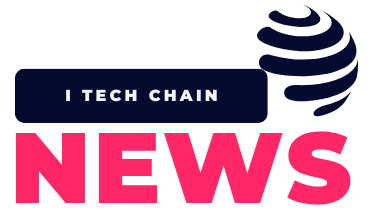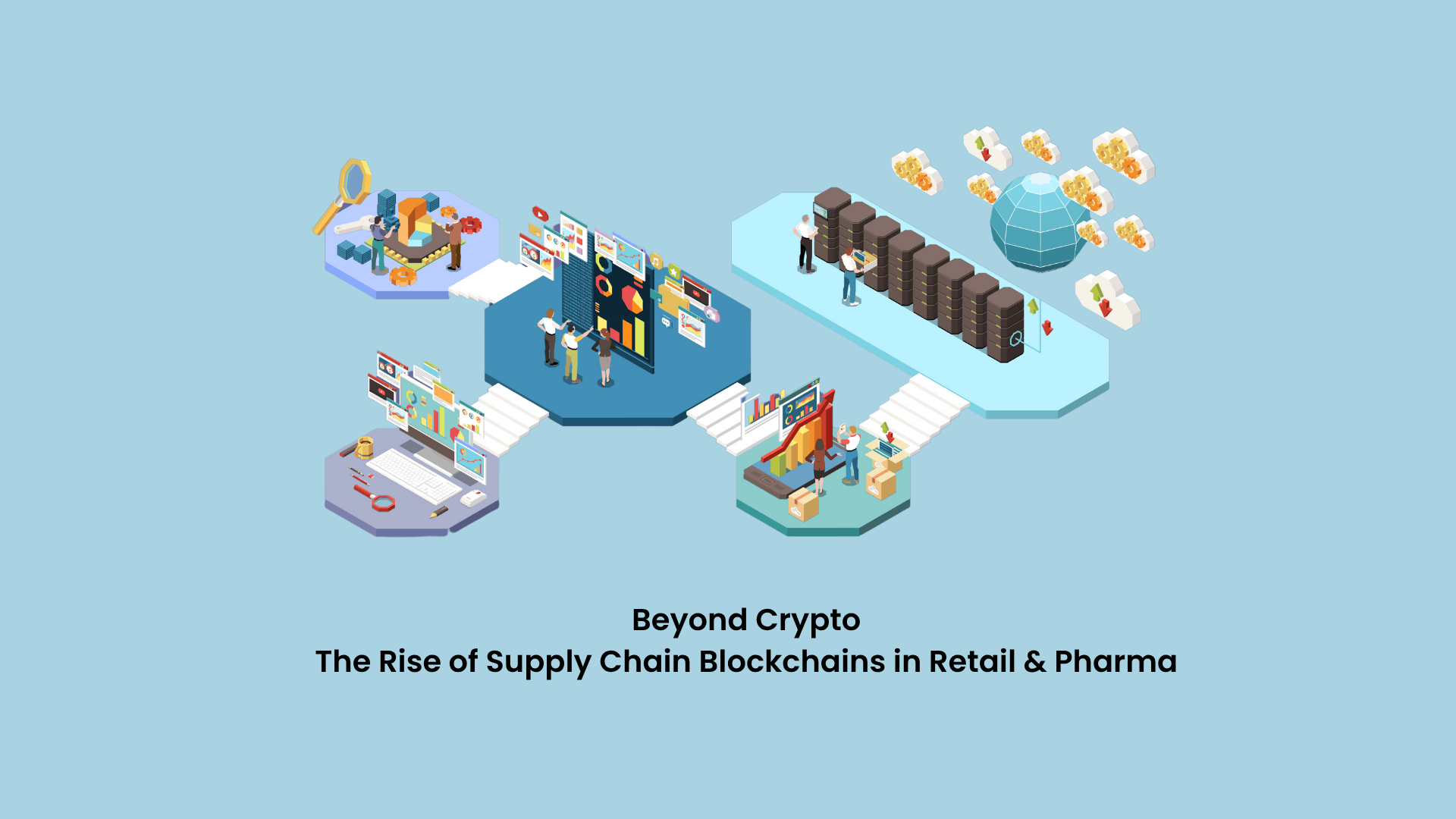Introduction
Blockchain is often associated with cryptocurrency, but in 2025, some of its most impactful use cases will emerge far from the financial sector.
Retail and pharmaceutical companies are now embracing blockchain for what it was initially built for: transparency, traceability, and trust.
Here’s how blockchain quietly transforms supply chains and why it’s becoming essential in industries where authenticity and accountability matter most.
1. What Makes Blockchain a Fit for Supply Chains?
Unlike traditional databases, blockchain provides:
- Immutable records of every transaction or movement
- Decentralized verification, reducing fraud or manipulation
- Real-time visibility for all parties in the chain
This means stakeholders can securely, transparently, and globally trace products from source to shelf.
2. Retail: From Factory to Checkout with Total Transparency
Retailers are using blockchain to:
- Track product origins (e.g., cotton from India, electronics parts from Taiwan)
- Authenticate luxury goods and prevent counterfeits
- Monitor shipping milestones and delivery timelines
- Enable sustainability verification (e.g., “carbon-neutral certified”)
Consumers want proof, not promises. Blockchain enables brands to offer QR code-based traceability directly to buyers.
3. Pharma: Fighting Fakes and Strengthening Compliance
In pharmaceuticals, counterfeit drugs are a multi-billion-dollar global problem. Blockchain offers solutions like:
- Serial number tracking for each pill or package
- Real-time alerts for storage condition breaches (e.g., cold chain violations)
- Regulatory reporting and audit trails are baked into the data
Blockchain helps companies comply with FDA, EU, and global safety standards while keeping patients safer.
4. Smart Contracts for Automation
Blockchain systems can use smart contracts to automate:
- Payments upon delivery
- Quality control approvals
- Customs clearance workflows
These rules are executed automatically once conditions are met, reducing delays and paperwork.
5. Companies Leading the Shift
- IBM Food Trust: Used by Walmart to trace food safety events in minutes, not weeks
- MediLedger: A blockchain network for verifying drug legitimacy across the supply chain
- VeChain: Providing traceability solutions to luxury brands and manufacturers
- SAP + Hyperledger: Building blockchain modules into enterprise resource planning systems
These platforms prove blockchain works beyond the hype when applied with a real-world focus.
6. Challenges to Widespread Adoption
- Integration with legacy systems
- Cost of onboarding smaller suppliers
- Regulatory uncertainty in some regions
- User education and standardization
But progress is steady, and the benefits are increasingly hard to ignore.
Conclusion
Coins won’t drive blockchain’s next-wave logistics; Compliance and consumer trust will power it.
Retailers and pharma leaders are proving that verifiable, transparent supply chains are not just a feature but a competitive advantage.
The future of blockchain is on the chain.
And it’s already in motion.

